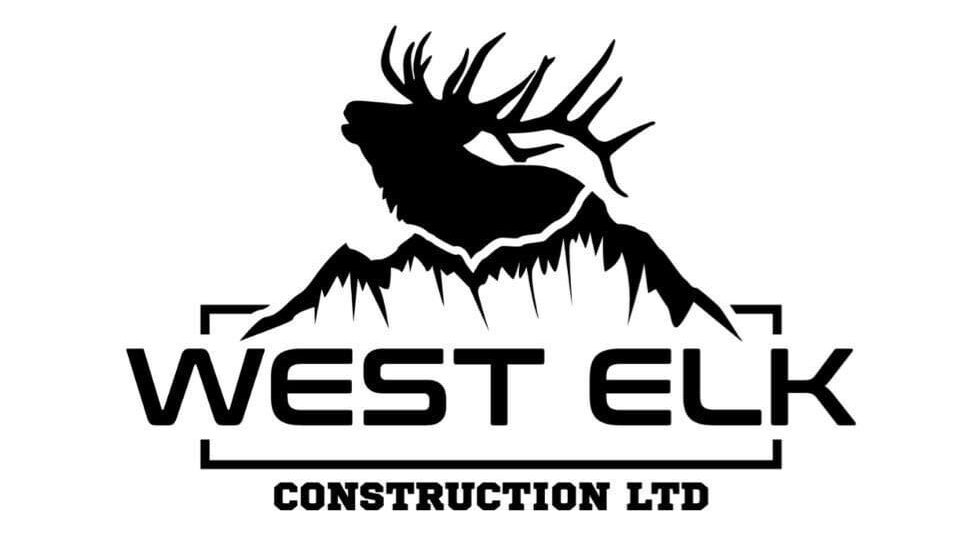Embarking on the journey of starting a welding business can be a rewarding endeavor, but it’s not without its challenges. From honing your welding skills to establishing a client base, here are some hurdles to anticipate and overcome:
**1. Skill Mastery: Welding demands precision and expertise. Before venturing into business, ensure you have a strong foundation in welding techniques. Continuous improvement and staying updated with industry advancements are essential.
**2. Capital Investment: Setting up a welding business requires a significant initial investment. You’ll need welding equipment, safety gear, workspace, and materials. Crafting a comprehensive budget and securing adequate funding is crucial.
**3. Legal Requirements: Complying with local regulations, licenses, and certifications is a must. Failure to do so can result in legal troubles and hinder your business’s growth. Research and adhere to the necessary permits and safety standards.
**4. Market Research: Identifying your target market and competition is vital. Understand the demand for welding services in your area, assess your competitors, and develop a unique selling proposition to stand out.
**5. Client Acquisition: Attracting and retaining clients can be challenging, especially in the early stages. Networking, creating an online presence, and building a solid portfolio are effective ways to showcase your skills and attract customers.
**6. Cash Flow Management: Maintaining a healthy cash flow is essential for business sustainability. Carefully manage expenses, set competitive pricing, and have a financial plan in place to weather slow periods.
**7. Safety Measures: Safety is paramount in welding. Ensuring your workspace and practices are safe for you and your employees is not only a legal requirement but also a moral obligation. Invest in safety equipment and training.
**8. Scaling and Growth: As your business grows, you’ll face the challenge of scaling your operations efficiently. Consider factors like hiring skilled welders, expanding your service offerings, and investing in technology to streamline processes.
**9. Client Relationships: Building strong client relationships is key to long-term success. Consistently delivering high-quality work, communicating effectively, and addressing client concerns promptly can foster trust and loyalty.
**10. Adaptation: The welding industry evolves with technological advancements and market trends. Staying adaptable and open to change is crucial for staying competitive and relevant in the long run.
While starting a welding business presents its share of challenges, perseverance, dedication, and a commitment to continuous improvement can lead to a thriving venture. Overcoming these obstacles can ultimately pave the way for a successful and fulfilling career in the world of welding.

